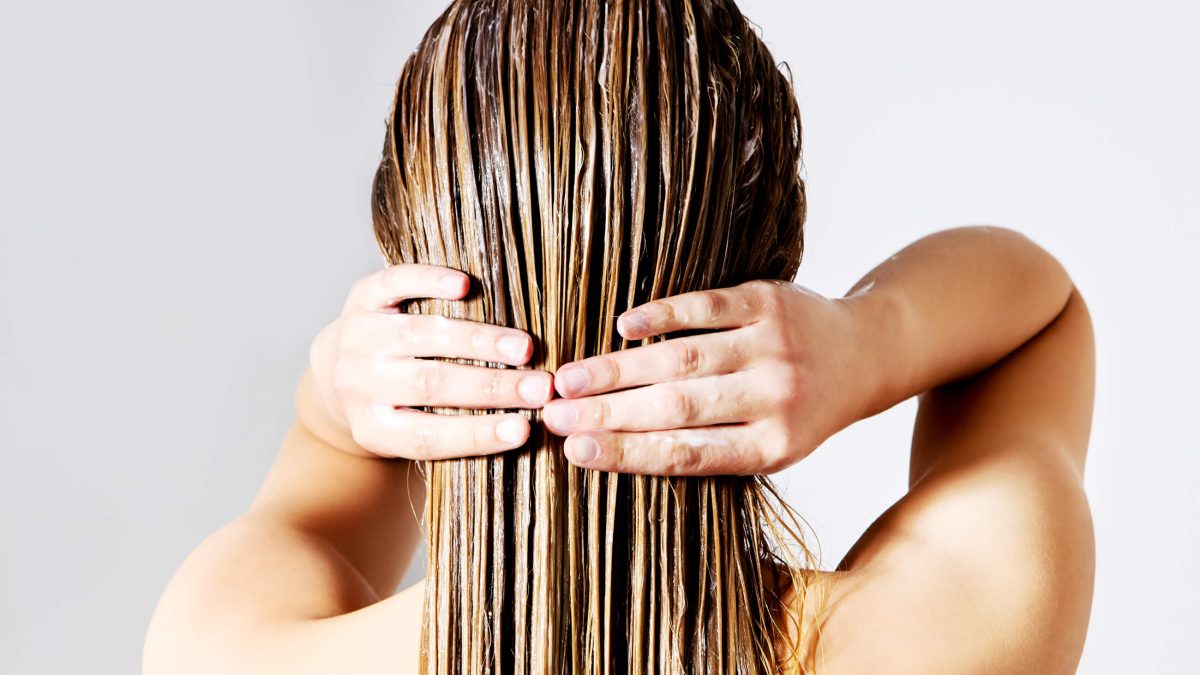How A Regular Scalp Conditioning Routine Can Level-Up Your Hair Game for Good
Posted on October 22, 2024 Written by: 100% PURE®
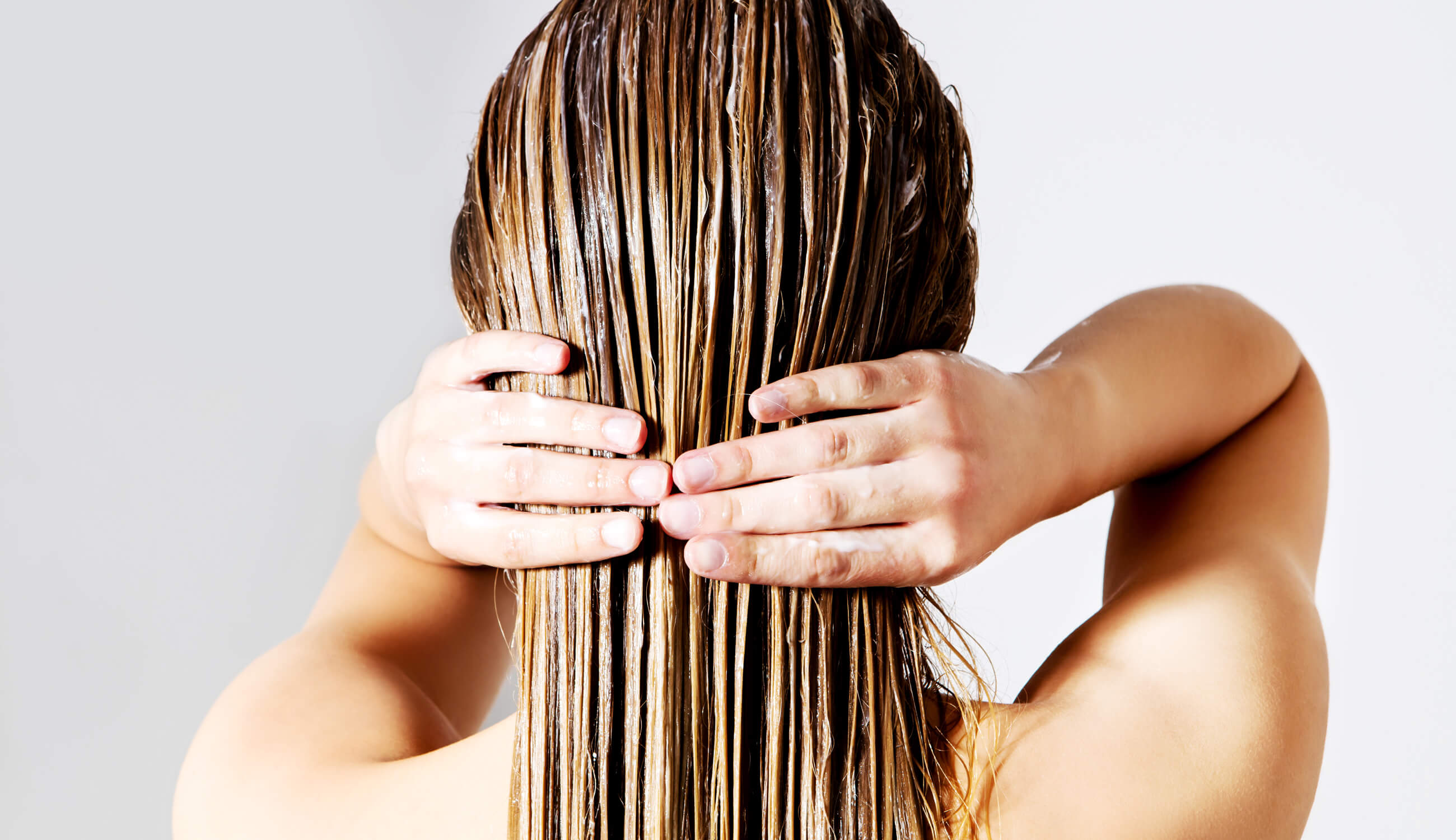
Are you stuck in a hair knot with shiny ends, but a dry scalp? It’s easy to forget about your scalp when it comes to conditioning, but that could be a big miss for optimal hair health. Thin or fine hair types would probably gasp at the idea of conditioning their roots and scalp (“my hair would get SO greasy!”), but there’s an option out there for every scalp and every hair type. We’ll tell you why to opt in for a regular scalp conditioning routine, how to choose a conditioner for your hair type, and more!
Why Should You Condition Your Scalp?
We all know about conditioning our ends, but our scalp? Once considered taboo, stylists would advise us to only apply conditioner from our ears to our ends. This method will leave you with softened, relaxed ends, but sad, frizzy roots. Remember this: a healthy scalp means healthy hair. The more TLC you give to your scalp, the healthier your hair will grow. This means spreading the same love that you apply to your ends, to your roots.
Every time you shampoo or clarify your hair, you’re stripping your scalp’s natural oils. Stripping the scalp of its natural oils, without replacing that lost moisture, will lead to dryness and dandruff over time. While we don’t want a buildup of sebum (oil) that can damage the follicle or impede healthy hair growth, we do need our scalp to be moisturized. Sound familiar?
Our scalp, just like our face, needs a moisture balance to function at its best. Moisturizing and r will lead to healthier hair growth, texture, elasticity, and shine. Prioritizing hydration is essential for beautiful, resilient hair.
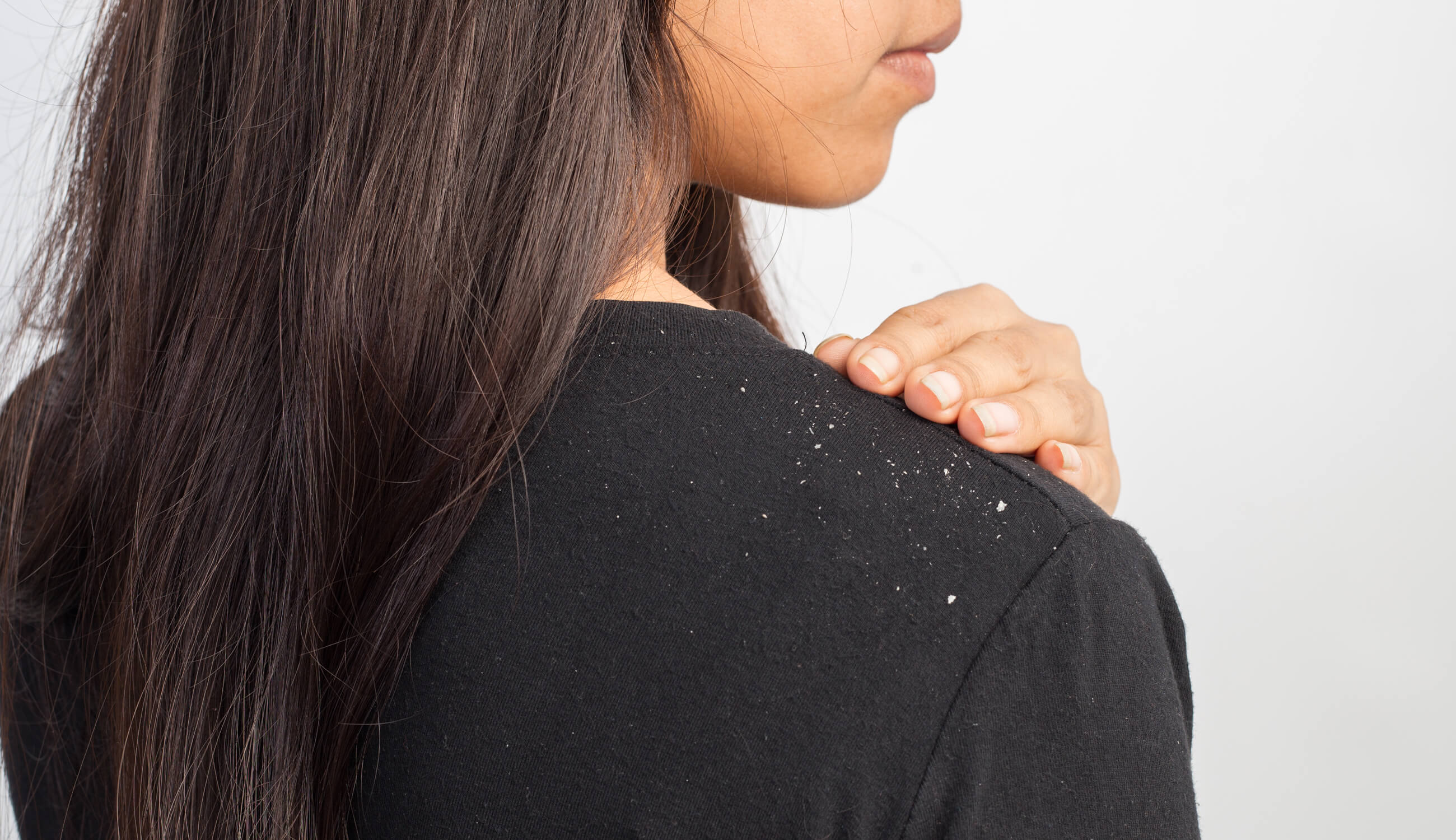
Which Scalp Conditioner Should You Use?
Not every hair type can handle a rich, heavy scalp conditioner. While thick or coarse hair can handle some intense moisturization, finer hair types will find themselves weighed down by the wrong products. Start your scalp conditioning journey by identifying which conditioner (and shampoo, for that matter) is best for your hair type. The conditioner that’s best for you will be based on your hair texture, condition, and even texture. Check out our best bets for conditioners below!
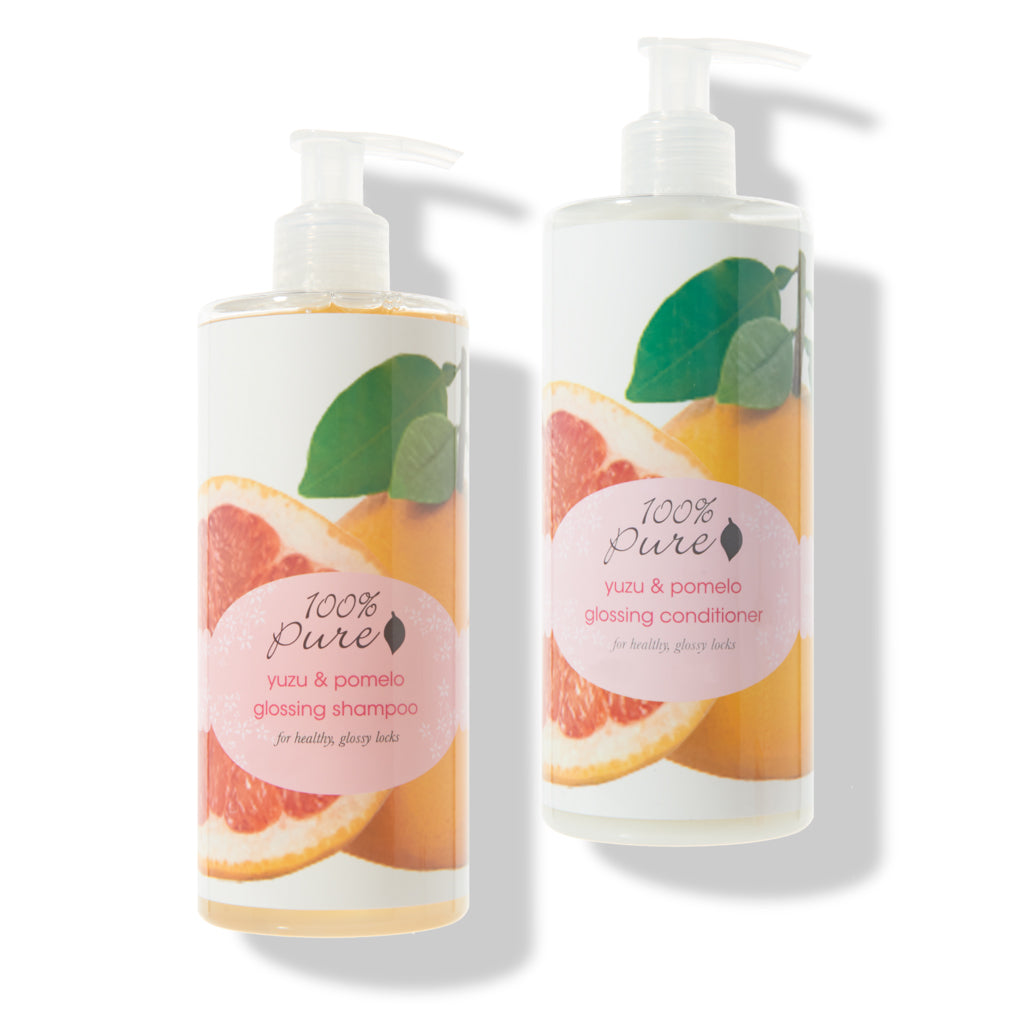
Best Scalp Conditioner for OILY / GREASY hair:
Key Ingredients:
– Flax Seed Oil
– Kelp
– Vitamin E
Safe for Color Treated Hair: Yes
Vegan: Yes
Gluten Free: Yes
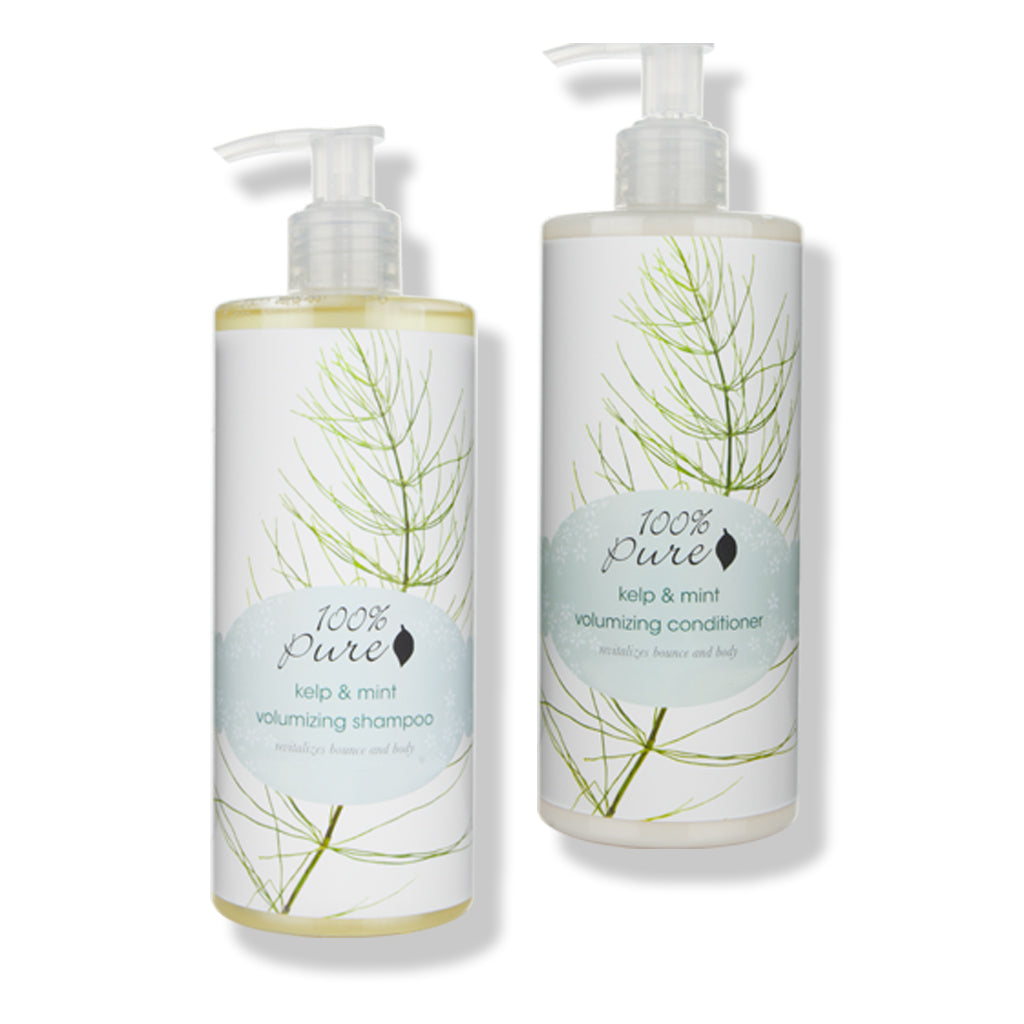
Best Scalp Conditioner for FINE hair:
Key Ingredients:
– Flax Seed Oil
– Kelp
– Vitamin E
Safe for Color Treated Hair: Yes
Vegan: Yes
Gluten Free: Yes
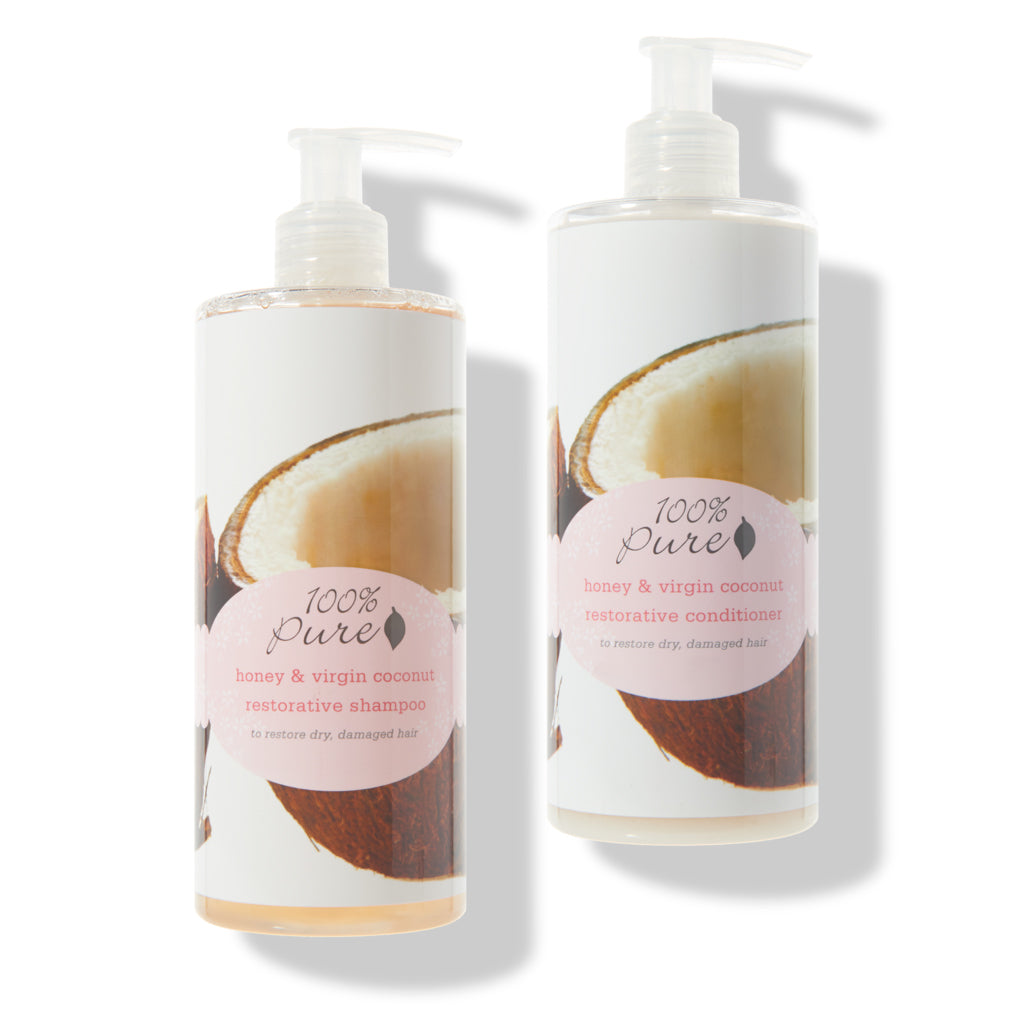
Best Scalp Conditioner for DAMAGED or NATURAL hair:
.
Key Ingredients:
– Virgin Coconut Oil
– Honey
– Kelp
Safe for Color Treated Hair: Yes
Vegan: Yes
Gluten Free: Yes
Best Scalp Conditioner for DRY / ITCHY SCALP:
.
Key Ingredients:
– Rose Hydrosol
– Nettle
– Neem
Safe for Color Treated Hair: Yes
Vegan: Yes
Gluten Free: Yes
In addition to using a conventional hair conditioner to moisturize your scalp, why not get on your DIY tool belt, too? Raid your pantry for some truly nourishing scalp conditioners: coconut oil, argan oil, almond oil, jojoba oil, and olive oil are all super moisturizers and very popular for DIY scalp treatments. Want to try a two-pronged approach, with clarifying and then moisturizing? Add a few drops of pure tea tree oil to your oil of choice, then massage gently into scalp to soothe irritated patches, dandruff, and inflammation. Always remember to rinse any scalp conditioner (bottled or DIY) thoroughly when you’re done!
PRO TIP: Want more recommendations for your hair type? Check out our for a breakdown on natural shampoos and conditioners for every hair type and hair concern.
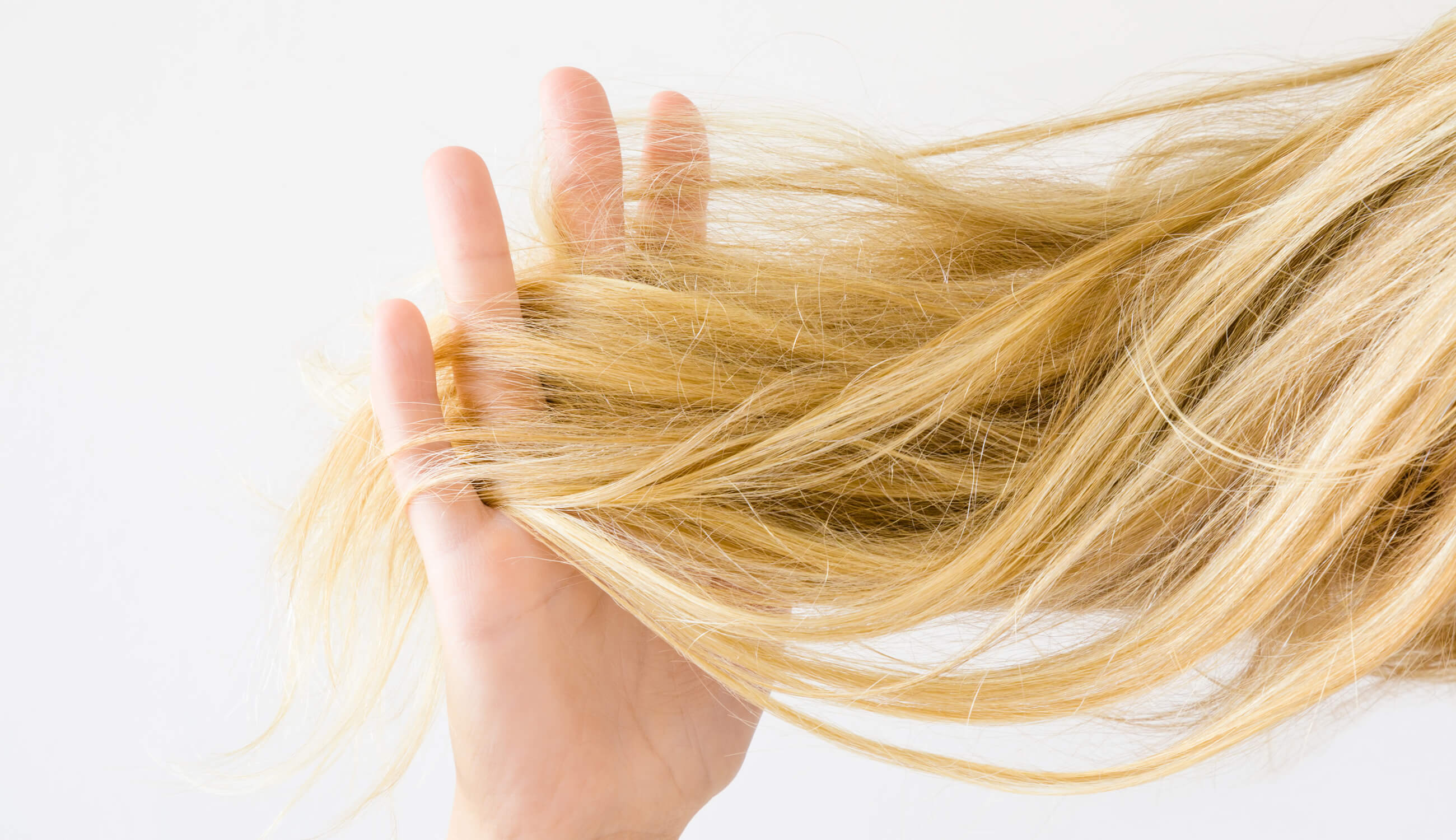
The DO’s and DON’Ts of Conditioning Your Scalp
While diving in head first might be more fun, it’s important to know the basic rules of scalp (and hair) conditioning before you jump into a routine. These simple do’s and don’ts will maximize the results from your conditioning efforts, and help you avoid some easy-to-fall-for faux-pas.
DON’T:
Use silicones
Silicones are not only synthetic, but are also super heavy and can be difficult to rinse. Silicones are found in most conditioners and hair serums on the market, and serve as emollients and detanglers for curly, frizzy, or dry hair. They give hair a slippery texture that’s meant to promote detangling, but they’ll build up quickly on your strands and weigh them down after just a few uses. If you’re prone to oily, limp, or easily flattened hair, skip the silicones!
Over-wash your hair
Washing hair too frequently means you’re washing your scalp too frequently. While washing your hair can sometimes feel like a compulsion (but my hair was so sweaty after my cardio class!), be careful not to tempt the scalp into overproducing sebum. Sebum, also known as the waxy oil meant to moisturize your skin, is triggered to overproduce when it senses too much hydration has been removed from skin. Talk to your stylist about how often your hair should be washed, and opt for a made without the harsh chemicals.
Clarify too often
While clarifying can definitely be beneficial for hair, it can also dry out your scalp (and your strands) if you’re doing it too often. The purpose of clarifying is to loosen and remove any product or oil buildup on the hair and scalp, to help healthy hair growth and reduce chances of weighed-down hair. But clarifying shampoos contain surfactants (natural and synthetic) that work well to deeply purify your scalp and hair. If you’re purifying too often, guess what? You could be sucking the hydration and moisture out of your scalp. Professionals recommend clarifying around a 2-3 times a month for dry or curly hair, but all others should be safe using a clarifier once a week.
Use alcohols
Think you can double up your leave-in conditioner as a scalp conditioner? Best to think twice on that one, since most leave-in conditioners are made with ingredients like cetyl alcohol to help the formula evaporate. Alcohols are notorious for drying out your strands, and most definitely your scalp, too. Instead of alcohols, look for conditioners with purifying essential oils that help balance the emollients and moisturizing agents in the formula.
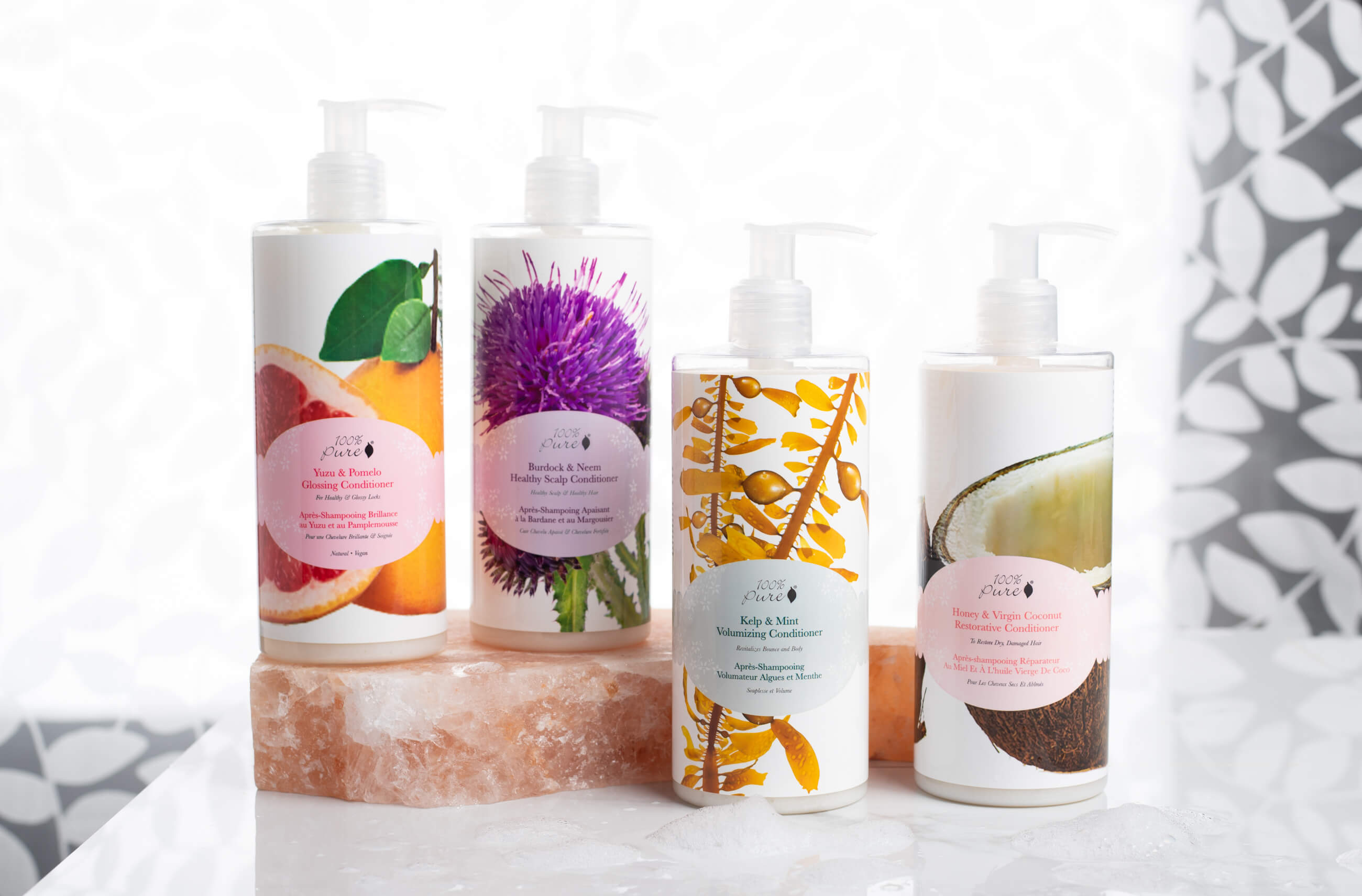
DO:
Condition on a regular basis
This one might seem like a no-brainer, but there’s more to the story. While you might be great about conditioning your ends during every shower session, don’t skimp on the scalp. Conditioning your scalp can happen as often as you would regularly conditioner your hair (a few times a week). If you’re nervous about weighing down your hair with a conditioned scalp, start small (once a week), then build up until you find a schedule that works for your scalp and hair type. Fine hair types can be more easily weighed down than thick hair, so trial and error is best for planning your unique routine.
Condition before a color treatment
A hydrated scalp going into a color treatment full of chemicals will minimize itching or burning. If your scalp is tender, itchy, or irritated after getting that beautiful balayage, chances are your scalp was a bit dry going into your appointment. Condition the night before to prepare your scalp to stand up to those harsh chemicals that will be coloring your hair.
Allow conditioner to set before rinsing
In a hurry to get your morning routine finished? If you’re only giving hair 60 seconds or so to condition, try conditioning when you have more time to spare. Think of conditioning as a little slice of “you” time; take 3 full minutes to allow conditioner to set in your hair before rinsing. Any less, and your conditioner won’t have time to penetrate in to your scalp and strands to work its magic. You can spend those 3 minutes giving yourself a slow, soothing facial massage or practice some deep breathing — the world can wait!
Try a DIY scalp conditioner recipe
As we mentioned above, there are plenty of natural oils that can be used as DIY scalp conditioners. For finer hair types, try argan, jojoba, or sweet almond oil, since they’re lighter in body. Thick, curly, or coarse hair types can opt for rich scalp conditioners like honey, olive oil, or coconut oil. Try adding essential oils like lavender, bergamot, tea tree, or peppermint for purifying, antibacterial, and scalp stimulating benefits.
Step into a sauna
After applying your scalp conditioner of choice, try stepping into a sauna or simply relaxing in your steamy shower. The blend of heat and moisture will stimulate your scalp and increase hair porosity, allowing wet strands to easily absorb nourishment from your conditioner.
Frequently Asked Questions About Scalp Conditioning
How often should you condition your scalp?
How often you should condition your scalp depends on your hair type, needs, and lifestyle. For dry or sensitive scalp, condition daily or every other day to prevent dryness and irritation. Oily scalp, condition less frequently, but still keep your scalp hydrated. Most hair types: Shampoo and condition two to three times a week.
What is the difference between scalp conditioners and regular hair conditioners?
A scalp conditioner differs from a regular hair conditioner by a few key factors. A scalp conditioner is specifically designed to target and moisturize the scalp, addressing issues like dryness, itchiness, irritation, and flaking, while a regular hair conditioner focuses primarily on hydrating and smoothing the hair shaft, typically applied from mid-length to the ends, and should not be used directly on the scalp as it can cause buildup and greasiness or weighed-down hair.
Can conditioning the scalp improve hair growth?
Yes, conditioning your scalp can help improve hair growth. Conditioners moisturize hair and hair follicles, and replaces growth proteins in hair shafts, as well as seals the cuticle to prevent damage. This helps hair grow without breakage. Regular conditioning can also make hair stronger, smoother, and more resilient to daily stresses.
Should you apply conditioner to the scalp if you have oily hair?
No, if you have oily hair, you should not apply conditioner directly to your scalp; instead, focus on applying it only to the mid-lengths and ends of your hair to avoid adding unnecessary oil to your scalp and making your hair appear greasy or weighed down.
How does using a scalp conditioner affect color-treated hair?
A scalp conditioner, when used properly on color-treated hair, can help maintain the vibrancy shine of your color by keeping your scalp healthy, which helps support healthy hair growth and prevents excessive color fading. However, it’s crucial to choose a scalp conditioner specifically formulated for color-treated hair to avoid stripping the color from your strands; always focus the application on the scalp and avoid applying directly to the hair shaft.

